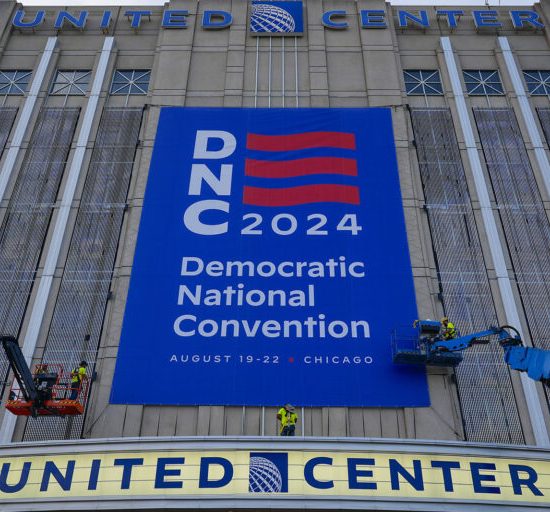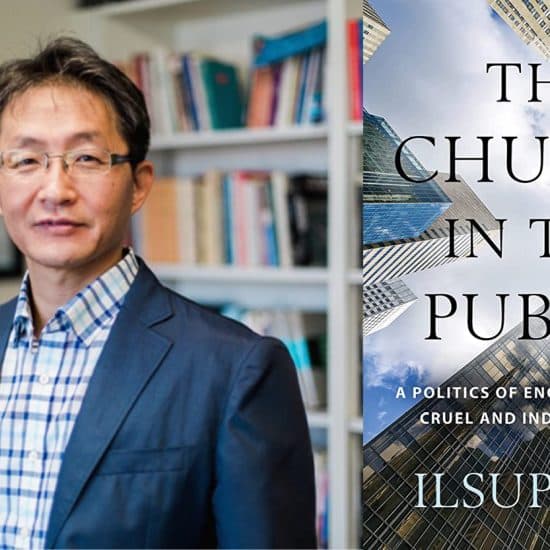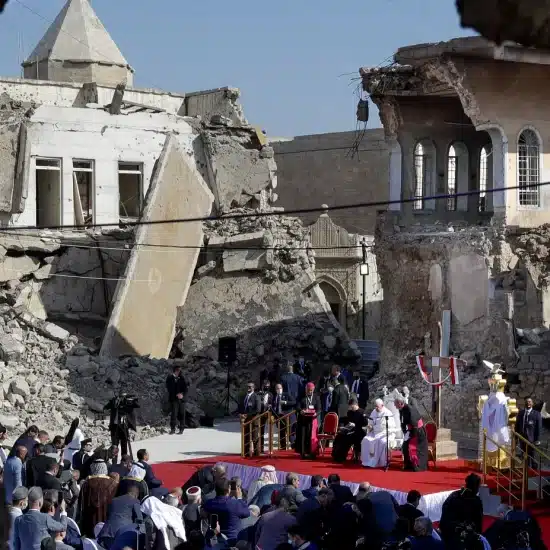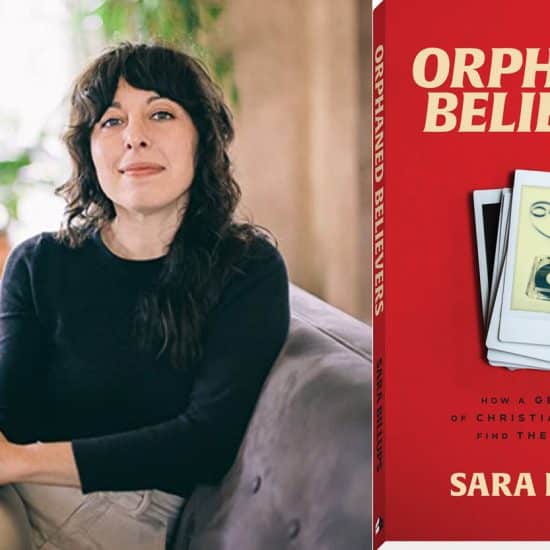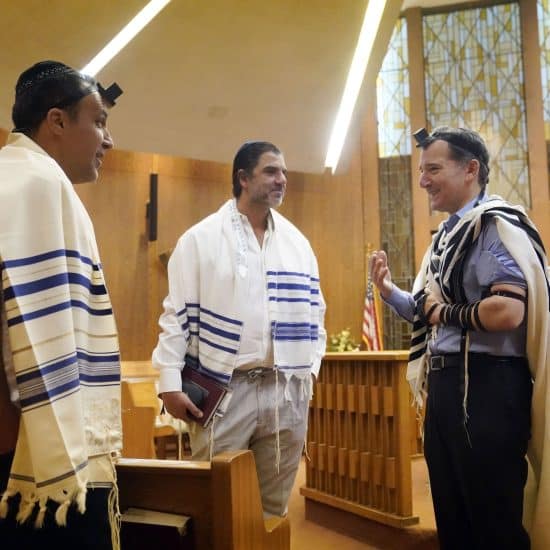Passion and conviction often direct a Christian in choosing public servants. Economic concerns, social-justice issues, foreign policy or a host of other issues can be of primary concern.
 |
Suppose Candidate A's approach on one issue matches, but his stand on another does not. Candidate B indicates her stand is just the opposite on the two. How does a person of faith choose when his or her values clash?
"No candidate is going to agree with you 100 percent of the time," noted Brent Walker, executive director of the Baptist Joint Committee for Religious Liberty. "You must balance out which candidate reflects your understanding … on issues that matter."
Furthermore, Christians should be realistic in their expectations, in terms of finding a candidate whose values mirror their own.
"The first thing Christians need to recognize is that they are voting for an elected official, not for their pastor. The expectations need to be differentiated," said Van Christian, pastor of First Baptist Church in Comanche.
Followers of Christ have to decide which political values are most important and establish priorities—or rather, acknowledge priorities they already hold, Christian noted. "We have to be honest with ourselves about whether they are in the same order biblically," he said.
"Christians should work from what is clearly defined in Scripture out to the more general principles. Those issues that are clearly defined should be at the forefront, and those that are based on general principles should be more toward the back. … There are issues that trump others."
The gospel can keep believers focused, noted Bill Tillman, director of theological education for the Baptist General Convention of Texas. Christians are citizens of both heaven and of a particular geographical location.
"All issues (and) positions, all other ideals—for the Christian—must be filtered through the gospel. When a candidate's particular conviction begins to abridge gospel values, it is time for a Christian to begin to question that particular conviction," he said.
The Bible should be a Christian's guide, said Kelly Boggs, the Louisiana Baptist Convention's public policy officer and editor of the Baptist Message. Formation of values "starts way before talking about politics," he said. "Hopefully, people have formed their values on the Bible, … and hopefully, they are informed."
After looking at the individual candidates, party platforms and the issues, "then you've got to choose—what is right for me," Boggs added.
Matt Paxson, an associate pastor at Fairview Baptist Church in Fredericksburg, Va. , and a candidate for mayor in that city, believes voters must remember that each candidate reflects his or her "larger" party.
"Although there are times when candidates of one party might appeal to me, it is important that I remember that they represent a larger party that has identified platforms," he said.
Concern for the greater good, as opposed to self-interests, directs some believers' choices.
"Community is important. What will benefit the community as a whole?" noted David Morgan, pastor of Trinity Baptist Church in Harker Heights. "We should look out for the good of the majority and protect the rights of the minority when we vote."
Lee Wilkins, who teaches journalism ethics at the University of Missouri, considers community. "I'm leery of making a decision based on a single issue. There is a huge range of choices—everything from war and peace to tax issues. … I think all politics is about community," she explained.
"We must ask: What is best for me? What is best for my community? And I assume people in my community are not going to be like me, so I also must ask: What is best for people unlike me? They may be poorer, richer, of different faiths. … We're too focused on 'me.' It's I-I-I-I-I. But it's not about 'I' but about 'we' … the people plural."
Wilkins emphasized that when an issue "seems to strike at core values, I must ask which ones. … Then I ought to ask: How does … the range of policy proposals fit into my value structure?
"We should not be afraid to ask candidates questions. We should go beyond the first minute of sound bite and then ask the deeper questions," she said.
Wilkins added most people hold to values deeply and usually concurrently, rather than as separate beliefs, and systems of thought teach respect.
"I know of no religious or philosophical system that holds to demonizing people for what they believe, and I am exceptionally wary of people who ask me to do that," she said.
When struggling with decisions, people of faith must remember they "live in a fallen, quite mortal world," Tillman said.
"As we begin to support a particular candidate … we must figure out where they come out mostly, not just on one issue. Confusing? Dilemma-producing? Yes, but if we really do invest some time into the political sphere, we will find ourselves making these matters a point of prayer, ever more seeking the will of God for ourselves and beyond ourselves. The results of such seeking can't be bad at all."
–With additional reporting by Managing Editor Ken Camp


